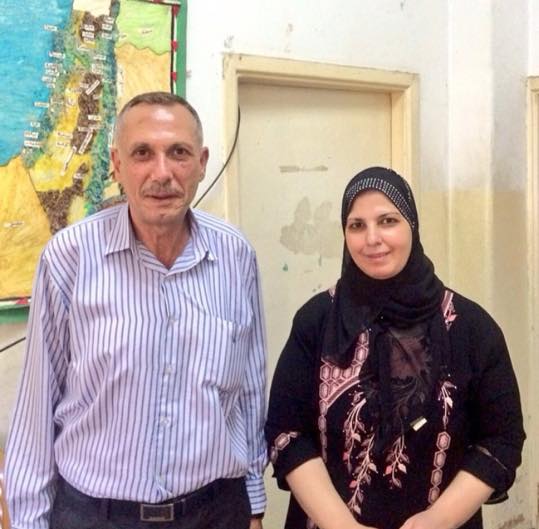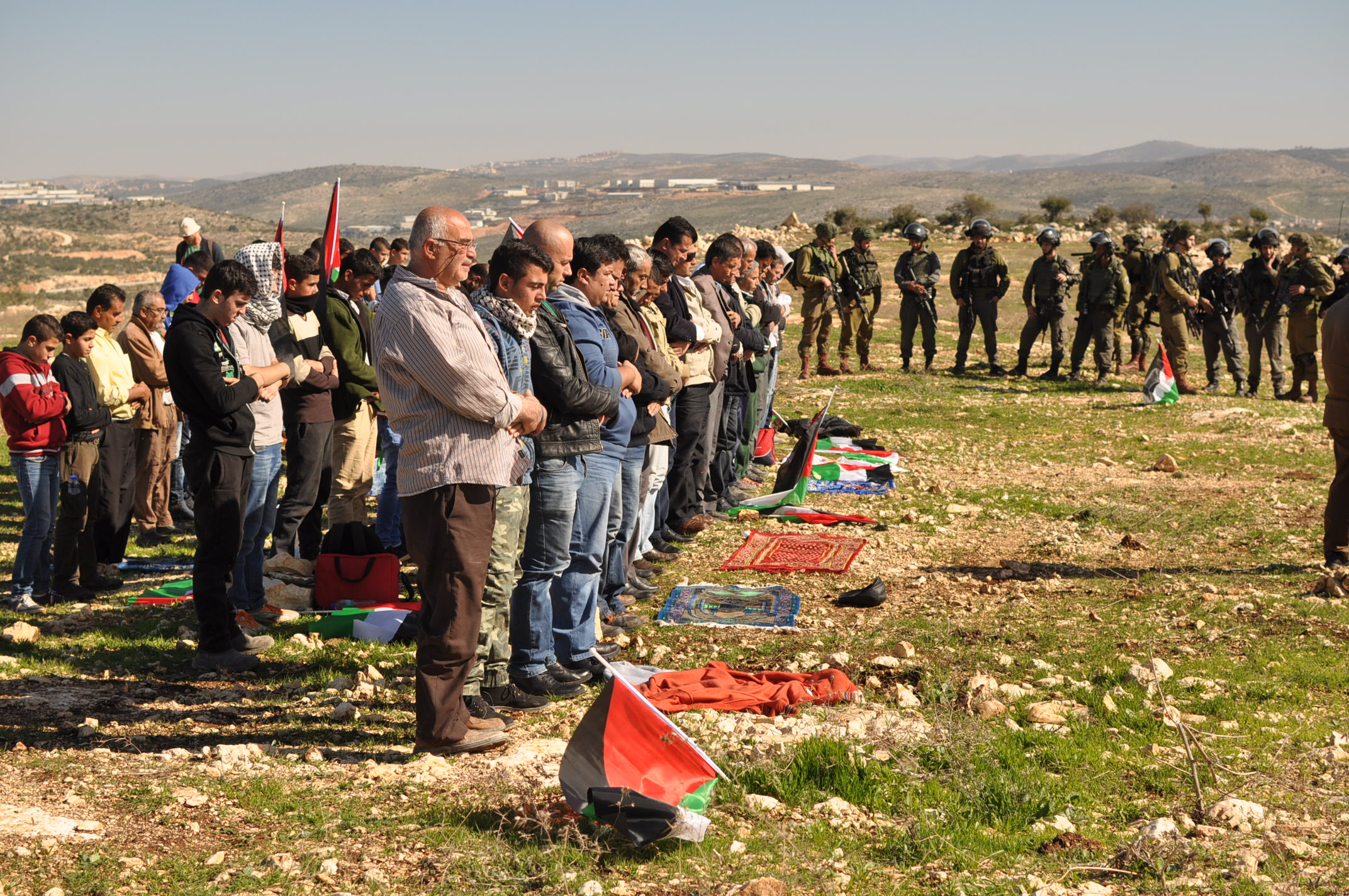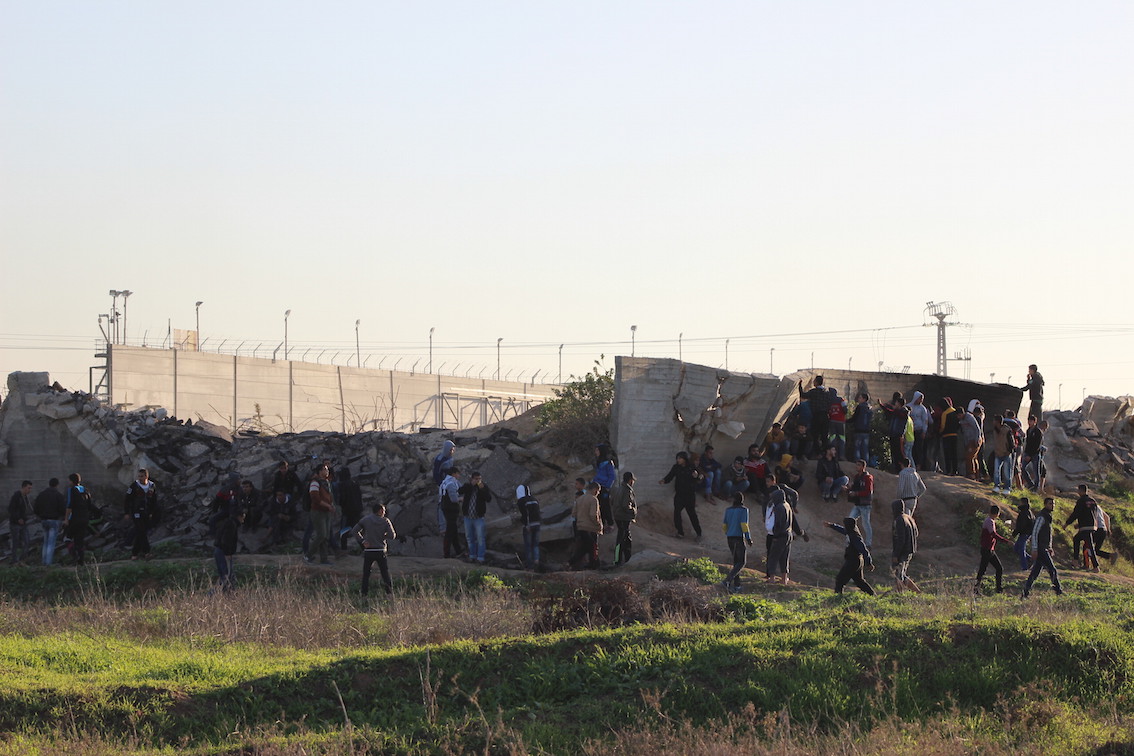-
Nisreen Azzeh continues to struggle after the death of her husband, Hashem Azzeh
6th December 2015 | International Solidarity Movement, Khalil Team | Al-Khalil, occupied Palestine The 22nd of November, one month after the passing away of Palestinian activist and dear friend of the ISM, Hashem Azzeh, the team of al-Khalil (Hebron) visited his widow, Nisreen. While sitting in her living room, Nisreen explained how, after her husband’s […]
-
Near Salfit, Palestinians try to save the last hill that is not yet occupied with a settlement
December 4th, 2015 | International Solidarity Movement with IWPS, Huwwara team | Kafr Addik, occupied Palestine On friday 4th of december, around 50 locals from the villages of Kafr Addik, Bruqin, Sarta and Biddya, in the Salfit governorate, gathered on a hill called Daher Sabbah, located between the four villages, in order to protest the […]
-
Many injured during the friday protests in Gaza
December 4th, 2015 | International Solidarity Movement, Gaza team | Gaza strip, occupied Palestine There were many protests this Friday again in Gaza. According to the information provided by the ministry of health, 10 people have been injured in the Khan Younees area, mainly in El Farahin. 11 people have been injured in the Central Area. […]
Action Alert An Nabi Saleh Apartheid Wall Arrests BDS Bethlehem Bil'in Cast Lead Demonstration Denial of Entry Ethnic Cleansing Farmers Gaza Global Actions Hebron House Demolition International law Israeli Army Jerusalem Live Ammunition Nablus Ni'lin Prisoner Ramallah Rubber-coated steel bullets Settlement Settlers Settler violence Tear-Gas Canister Video



